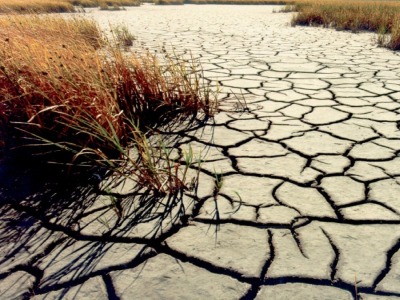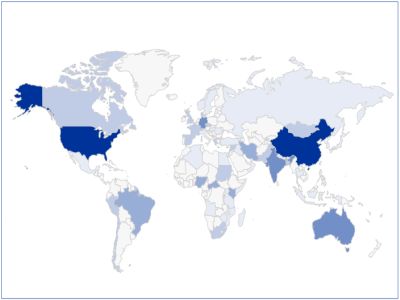A database of observational evidence from the peer-reviewed literature, on how climate change is impacting humanity.
ClimateObserved is not a blog or opinion site. It is a purpose-built web application to present a searchable database of peer-reviewed papers that are exclusively based on observations over time, rather than theory, model runs, or controlled experiments.
Candidate papers are found from a range of sources, and are always first read and hand-selected to ensure they are relevant and based on real-world observations. Since 2017, it has been updated approximately monthly (last update 2025-10-24) as new research is published. In this sense, it is serving to document global warming as its negative effects continue to unfold.
The intention of this site is to be an easily searchable resource for papers that indicate an anthropogenic cause of climate change since the mid-20th century, and papers which have observed any negative impact(s) on humanity (i.e. no monarch butterflies, treefrogs, or glacier retreat in faraway places.) Only negative impacts on humans, such as drought, flooding, disease spread, extreme weather, etc. are included. Human impact papers are categorized by type, geographic region, and means of attribution to climate change, and all papers include a selected "key quote" for easy citing.
It is a completely free-to-use tool for finding reputable and relevant citations from the scientific literature, to aid users in their efforts to understand and communicate the realities of climate change.
To ensure long-term reliability and prevent broken links, all papers are stored as their permanent DOI handle rather than a journal-specific URL.
Images courtesy USGS
Application Version 2.9
admin@climateobserved.org



